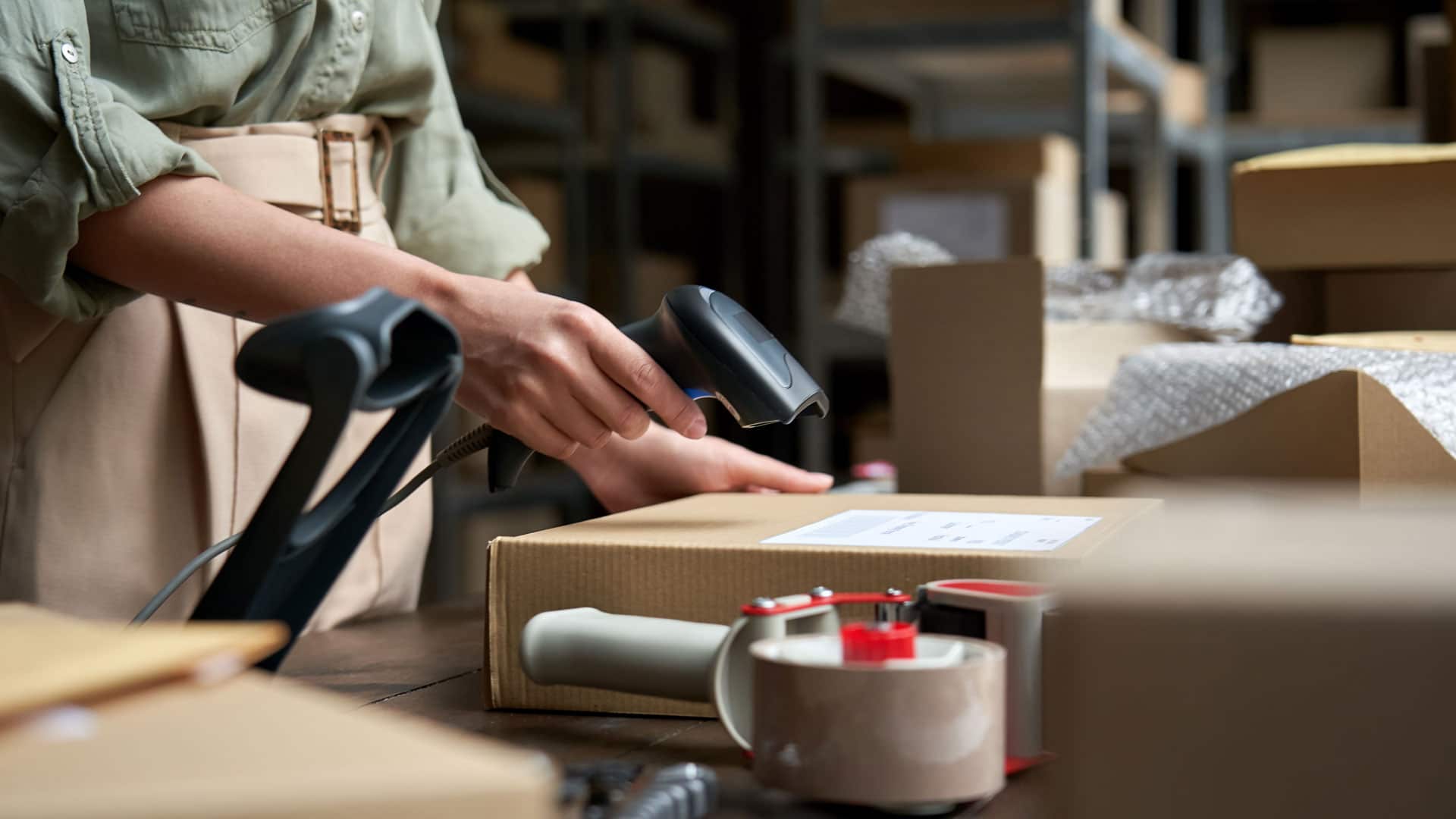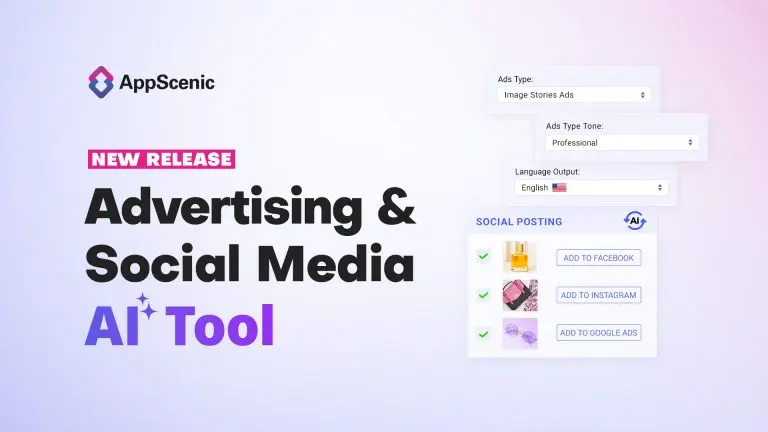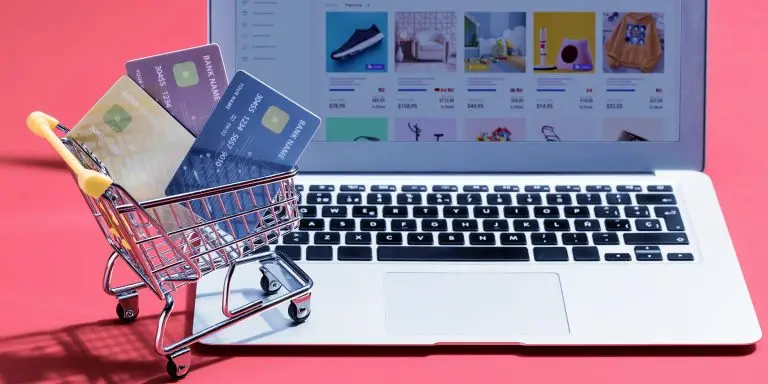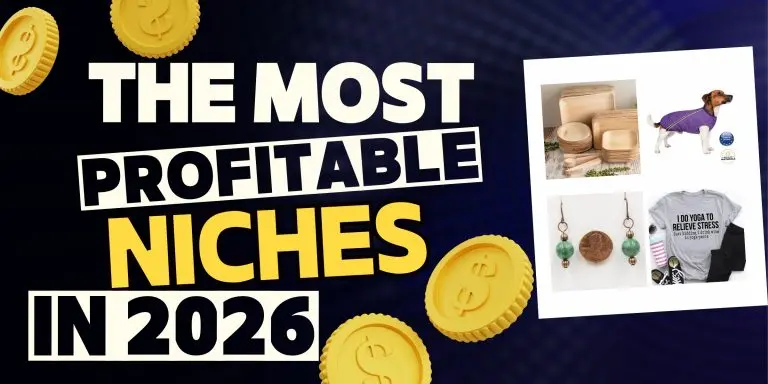First, we want to clearly specify the following:
We are not legal professionals and so all this is not actual legal advice. If you want legal advice, we recommend finding an attorney specialized in this type of work. This article is about our personal experience and recommendations on how to start and build successful dropshipping stores.
Now, before actually opening a dropshipping business, you need to research all about it, from “what is dropshipping” to “is dropshipping legal” and “what are the risks behind it”.
Below, we will discuss the part about how legal it is to dropship and what are the actual risks of dropshipping. This is a long article so we hope you read it until the end as it has a lot of useful information for both beginners and experienced dropshippers.
Table of Contents
So, is dropshipping legal?
Short answer: Yes!
Now, the long answer is that owning and managing a dropshipping business is completely legal, but sure enough before starting a business like this you actually need to do your homework and find out what are the legal issues behind it, for example the ecommerce laws that apply to a specific location.
So, be sure to check the specific rules of the country of your choice (or that of your target countries) before starting selling products online. Also, start by checking all the information you have available on common legal concerns and issues that dropshippers can come by.
But, that’s something we’re going to talk about in the sections below.
When dropshipping becomes illegal?
Dropshipping can become illegal if certain practices or regulations are violated. Let’s explore scenarios where dropshipping can cross the legal line.
Selling counterfeits, replicas, and knockoffs
One of the fastest ways to land in legal trouble is by selling counterfeit products. Counterfeiting involves selling replicas or knock-offs of branded items without permission from the brand owners. An example of counterfeit products are the ones manufactured to look like an original trending product, such as Louis Vuitton bags. In dropshipping, this often happens when sellers source cheap products from unverified suppliers on platforms like AliExpress, without realizing they’re selling counterfeit goods.
Of course, you are not allowed to do such a thing, as these products will automatically infringe upon the authentic products’ trademark and artistic copyright. Countries have strict intellectual property laws, and selling fake goods can result in fines, lawsuits, and even jail time. To avoid this, you should always verify your suppliers and ensure they provide legitimate, authentic products. Working with trusted suppliers from platforms like AppScenic that vet their suppliers for legitimacy can help you mitigate these risks.
The fact is that selling counterfeit products is unethical and quite risky, you can either get negative customer reviews or be involved in a lawsuit. In any situation, we think this way of doing business isn’t worth it.
Dropshipping restricted and prohibited products
Every country has regulations on what products can be sold within its borders. Some goods, such as weapons, pharmaceuticals, or certain tech products, may be banned or require specific licenses to sell. Dropshipping products that fall under these categories without complying with the necessary regulations can land you in serious legal trouble.
For example, certain supplements, health products, or even certain electronics might be legal in one country but banned in another. Before selling a product, ensure it complies with the regulations of the country you’re shipping to. Research the customs, trade laws, and import restrictions for your target market to avoid legal headaches.
Infringing on Intellectual Property Rights
In addition to selling counterfeit goods, other intellectual property violations include using copyrighted images, logos, or designs without permission. Many new dropshippers unknowingly pull product photos or marketing materials directly from the internet or supplier websites, which could violate intellectual property laws.
Now, we know you may be struggling with what is the difference between trademark and copyright, so below we will start by explaining what each of them means.
A trademark can be a symbol, or a word(s) legally registered and used by a company or product. In other words, trademarks protect a brand’s name and the logos used to represent that product and service. Brands that have trademarks are Coca-Cola, Google or Disney, among many others, of course.
On the other hand, having the copyright for something means that an entity, be it a company or a person, has the exclusive legal right to print, publish, perform, film, or record literary, artistic, or musical material, and to give others the right to do the same. Mostly, establishing copyrights protects a certain intellectual property, as are original artistic and literary works.
So, as you can see these two terms are quite similar, but trademarks protect symbols that represent a brand, such as logos, and copyright helps to protect artistic and literary works, such as music and books.
Always make sure you have permission to use images or content associated with your products. Some dropshipping suppliers will provide authorized images, but it’s always better to create your own or seek licensed material.
Misleading advertising and false claims
False advertising is another common legal issue for dropshippers. Making exaggerated or misleading claims about a product’s quality, performance, or origin can lead to consumer complaints and legal action. This is especially important in industries like health and wellness, where unsubstantiated claims about the efficacy of a product can result in penalties.
To avoid this, be transparent about what your products can and cannot do. Ensure that the product descriptions and marketing messages you use align with the actual benefits and features of the product.
Violating consumer protection laws
Many countries have strict consumer protection laws that safeguard buyers from fraudulent activities. Dropshipping businesses must adhere to these regulations, which typically include offering clear return policies, providing accurate delivery timelines, and resolving customer complaints in a timely manner.
If you fail to provide customers with accurate information about shipping times, product quality, or refund policies, you could be in violation of these laws. Always communicate transparently with your customers and have a clear refund or return policy in place.
Where is dropshipping illegal?
While dropshipping is legal in most countries, certain regions impose stricter regulations or outright bans on specific practices associated with dropshipping. Here are some examples:
1. India
India has stringent regulations when it comes to ecommerce, especially regarding international sellers. India’s foreign trade laws impose various restrictions on importing products into the country. While dropshipping itself is not banned, you need to navigate complex customs and tax laws if you plan to sell to Indian customers. Many suppliers avoid shipping to India due to these complexities, so it’s essential to check import laws before targeting this market.
2. North Korea and Cuba
Due to international sanctions and trade restrictions, selling goods to countries like North Korea and Cuba is illegal for most businesses. These countries are subject to strict global trade embargoes, making it nearly impossible to legally operate dropshipping businesses there.
3. Countries with high import taxes
Certain countries impose high tariffs or import taxes, which could make dropshipping financially unsustainable. For instance, Brazil and Argentina have high import duties that could result in significant fees, potentially eating away at your profit margins. While not illegal, dropshipping to these countries requires careful consideration of costs.
4. European Union (EU)
The EU has strict consumer protection and VAT laws, which dropshipping businesses must comply with when selling to customers in Europe. Failure to comply with GDPR (General Data Protection Regulation) can also result in hefty fines. While dropshipping itself is not banned, you must ensure that your business complies with EU regulations on data protection, returns, refunds, and taxes.
Dropshipping legal requirements
Now, let’s talk a bit about some legal requirements you may have when starting a dropshipping business.
Business License
Do you need a business license? Well, it depends on how you plan to start your dropshipping business.
So, if you want to have a Shopify, eBay or Amazon shop, then you don’t need a business license right away, but you would need one at some point.
It’s true that getting a business license means more work on your side if you think about the paperwork involved and the taxes you would need to fill in, but in the long term, it will also bring you many benefits, such as legal recognition and protection from certain liabilities.
And on top of everything, it may happen that some dropshipping platforms can request proof of business registration before approving you to publish and sell products on their marketplaces.
Taxes
The taxes that you have to pay depend as well on the business type you choose. So, if your business is considered a separate entity, such as a corporation is, then you need to pay business taxes separately from your personal taxes.
We recommend consulting a local tax lawyer or accountant if you want to know more about how taxes work and what you need to do when starting a dropshipping business. This will make it easier for you when you need to report your income and any business losses.
Read more: Understanding the Legal Risks of EU Dropshipping
Liability
If you choose to have a business that is separate from you, it will also protect you from liabilities that may come when you sell online.
What does that mean exactly? Well, let’s say a customer claims that a product purchased from your store caused them harm, during the settlement your personal assets won’t be at stake.
Another thing you should be aware of is that there are different types of licenses that provide different levels of protection.
Besides a business license, you should also think about going for product liability insurance. This will help cover compensation claims in case a customer sues your business, of course, in the worst-case scenario.
Legitimacy
Being recognized as a legitimate business can bring you many benefits and the most important one is that it will give you more credibility in the eyes of your audience. And this is something that every business owner should want.
It will also open up some more opportunities for other business deals and more government support. If your country or local community recognizes your business, you have the chance to opt for certain programs built to help small businesses like yours grow and succeed.
Is dropshipping legal in the USA?
Again, yes, it is totally legal to dropship in the USA, but you need to follow some specific rules, such as:
- Credit card & payment merchant facilities for dropshipping businesses are still under improvement
- If you are a foreign-based dropshipping business then there are a few tax issues you need to be aware of
- For dropshipping in the US, sellers need to have a USA Reseller Permit for online store owners based outside the USA
- Dropshippers with stores based outside the USA cannot qualify for credit with US-based suppliers.
If you want to know more, we recommend reading additional information on how to have a USA dropshipping business.
Is dropshipping from Amazon legal?
Yes, Amazon dropshipping is legal. It seems that an important percentage of Amazon’s sales are done through dropshipping.
But, even though it’s legal to dropship from Amazon, you still have to be aware of a few things if you want to keep your online store open there:
- Avoid selling items that are copyrighted or fraudulent. You need to be extra careful about that as Amazon takes this policy seriously. If you fail to comply, it can lead to getting banned from the platform or even being sued.
- Avoid listing products with an over-the-top markup that will probably give you negative reviews or, even worse, having your store removed by Amazon.
- Don’t drop surf, avoid shifting product offerings too often.
Again, we want to point out that if you respect Amazon rules (please go to their website and read in detail all their rules and regulations), your seller account won’t get suspended.
So, if you’re out of stock and you don’t close your listings or when your products keep on arriving late, these are just some reasons for which Amazon will likely ban you.
Is dropshipping from Amazon to eBay legal?
Dropshipping on eBay is legal, but dropshipping from Amazon to eBay is not allowed. Here is what eBay is saying:
“However, listing an item on eBay and then purchasing the item from another retailer or marketplace that ships directly to your customer is not allowed on eBay. Activity that doesn’t follow eBay policy could result in a range of actions including but not limited to: administratively ending or canceling listings, hiding or demoting all listings from search results, lowering seller rating, buying or selling restrictions, loss of buyer or seller protection, and account suspension. All fees paid or payable in relation to listings or accounts on which we take any action will not be refunded or otherwise credited to your account.” (Source)
Now, just keep in mind that eBay allows dropshipping when you fulfill orders directly from a wholesale supplier.
Is dropshipping from AliExpress legal?
Yes, dropshipping from AliExpress is legal too. You can definitely use the AliExpress suppliers’ platform and build your product catalog from there.
There are many dropshippers that start their online business like this, but, as usual, we recommend doing extensive research, checking who are their suppliers, what are their shipping times, do they allow returns, and what are their terms and regulations to see if this is a platform that can work for your target audience.

Is it legal to dropship branded products?
Yes, dropshipping branded products is completely legal.
You only need to choose an approved wholesale vendor for those specific branded products and just start dropshipping those products through your online store. We actually recommend starting a dropshipping business by selling branded products if you find the right wholesale product suppliers. This will give your business more credibility right from the start.
We hope that now you know all about the legality of dropshipping and the risks behind it.











